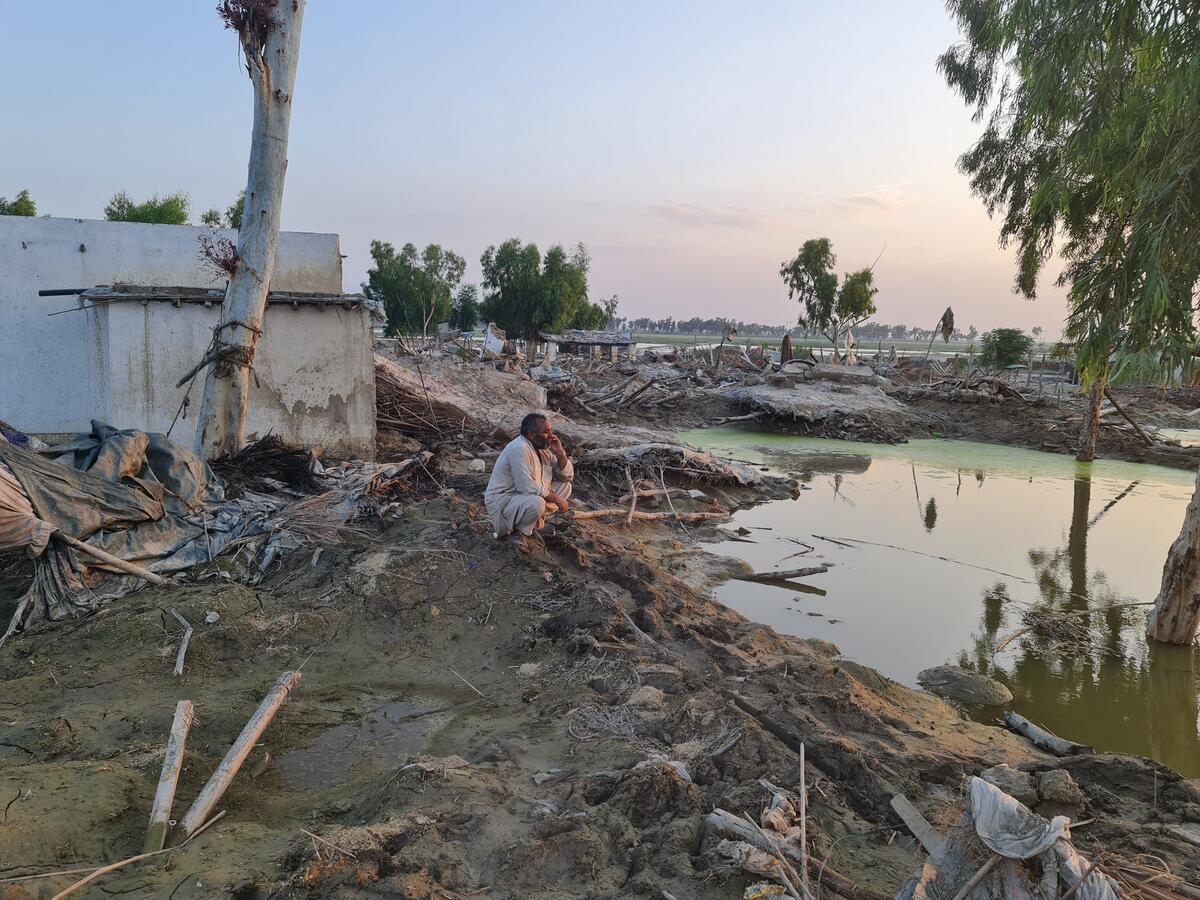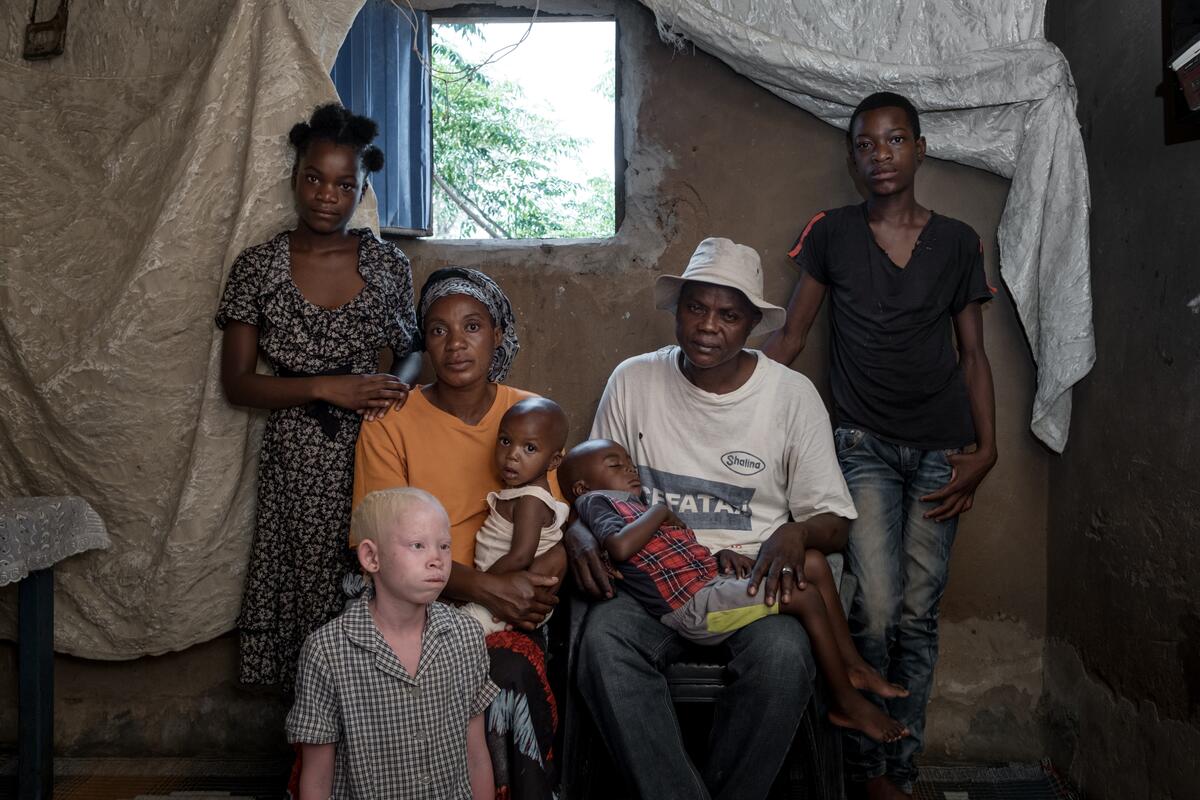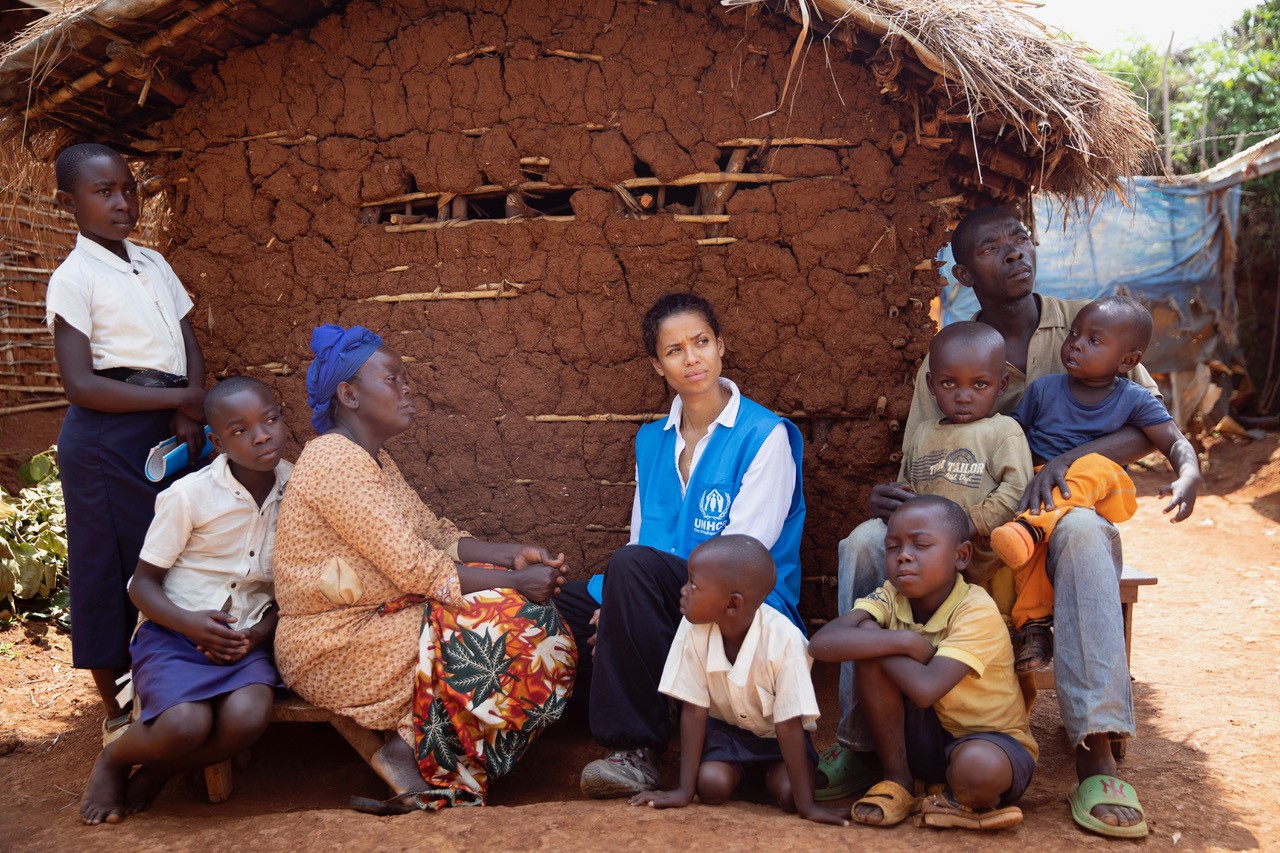Number of Burundian refugees since last April tops quarter-of-a-million, funding at 3 per cent
Number of Burundian refugees since last April tops quarter-of-a-million, funding at 3 per cent
With tension high in Burundi, the number of people who have fled the country and sought shelter in neighbouring states has passed the 250,000 mark. People continue to arrive. UNHCR fears the total could go higher still.
The average rate of new arrivals per week has been more than 1,000 in Tanzania, 500 in Uganda, 230 in Rwanda and 200 in Democratic Republic of the Congo. There have been small numbers of spontaneous returns.
Cool heads and continuing international attention are important for averting a further deterioration of the situation. The right to leave the country and seek asylum should be respected.
Despite recent high-level efforts to engage the government, we have not seen significant improvements in the security and human rights situation on the ground. The deteriorating economic situation is also a cause for concern and could trigger further displacement.
UNHCR's latest figures show that 250,473 people have been registered as refugees in Democratic Republic of the Congo (21,186); Rwanda (73,926); Tanzania (131,834); Uganda (22,330); and Zambia (1,197) since early April last year, when President Pierre Nkurunziza announced plans to run for a third term, which he later won.
Although there has been a slight lull in violence recently, refugees arriving in the host countries continue to report human rights violations in Burundi and difficulty in leaving the country. We have also been receiving a growing number of refugee reports about detention and sexual and gender-based violence during transit.
Some 1,700 Burundian refugees have arrived in Democratic Republic of the Congo so far this year. Many are living in poor rural areas, where conditions are harsh, and about two-thirds (14,772) are in Lusenda camp, which is nearing its capacity of 18,000.
Overcrowding is a problem in all host countries, including Tanzania, which has taken in more Burundians than any other. Nyarugusu camp hosts some 143,000 people, including almost 80,000 who have arrived since last April. The decongestion of the camp is a priority and new arrivals go to Ndutu, while others at Nyarugusu are sent to the recently reopened Mutendeli camp. Another camp is planned at Karago, but capacity there and at Mutendeli is limited by insufficient water reserves.
In Rwanda, close to 48,000 Burundian refugees are living in Mahama camp, the largest camp in Rwanda, and more than 26,400 in Kigali and other towns. As the insecurity persists in Burundi they are running out of savings, which will increase their need for assistance. The government, meanwhile, has clarified that it has no plans to relocate Burundian refugees and will keep its doors open.
In Uganda, about two thirds of Burundian arrivals in the past year are being hosted in Nakivale Refugee Settlement (14,876) in the South-West Region, 21 per cent in the capital Kampala, and the remainder in Kyaka II, Oruchinga and Kisoro settlements. Most are young women and children, with a disproportionately low number of young men. Work is under way to extend settlement areas at Nakivale and other locations. Access to water continues to be a problem and UNHCR is delivering by truck in Nakivale, which is costly and unsustainable.
As with the other asylum countries, funding is a major problem which is affecting access to education, health care, livelihoods, counselling and more, though Uganda allows people to work and travel.
UNHCR requested US$175.1 million for the Burundi humanitarian response in 2016 and has to date received US$4.7 million, or about 3 per cent. We thank donors for their generosity to date but appeal for more funding urgently.
http://media.unhcr.org/Package/2CZ7A2XEN51For further information on this topic, please contact:
- In Bujumbura, Bernard Ntwari, [email protected] , ++257 78 310 564
- In Kampala, Charles Yaxley, [email protected] , +256 (0) 776 720 045
- In Kinshasa, Andreas Kirchhof. [email protected] , +243 81 700 9484
- In Dar es Salaam,Stephen Mhando, [email protected] , +255 784 730 424
- In Kigali, Martina Pomeroy, [email protected] , +250 788 38 9828
- In Geneva, Leo Dobbs, [email protected] +41 79 883 6347








